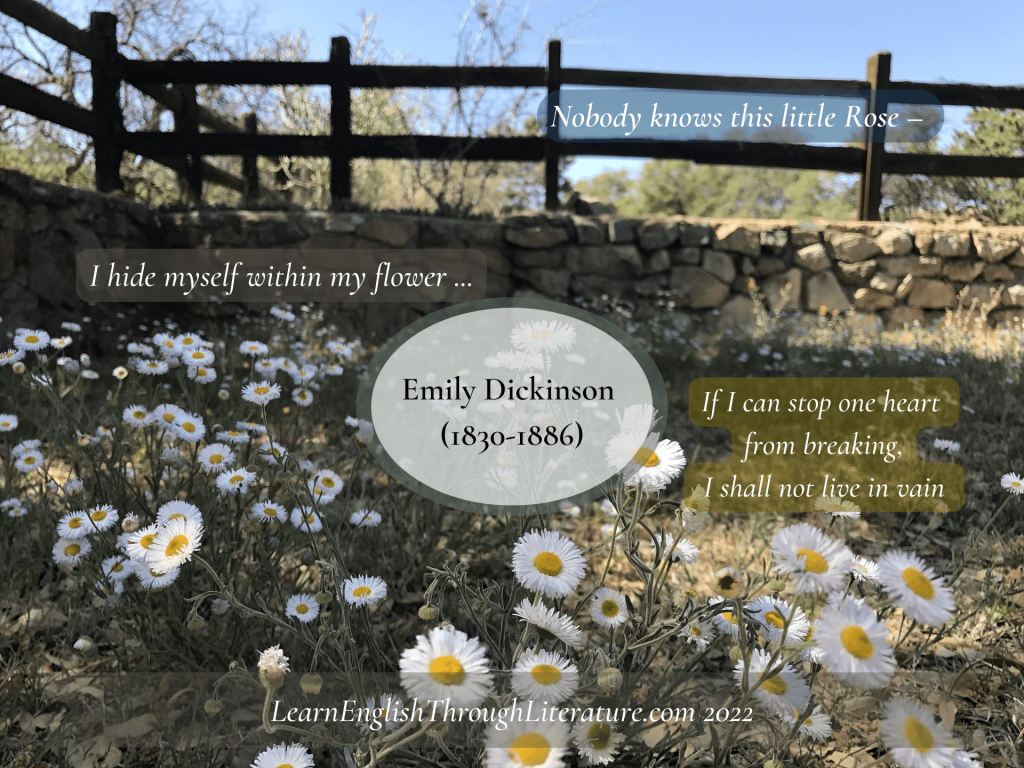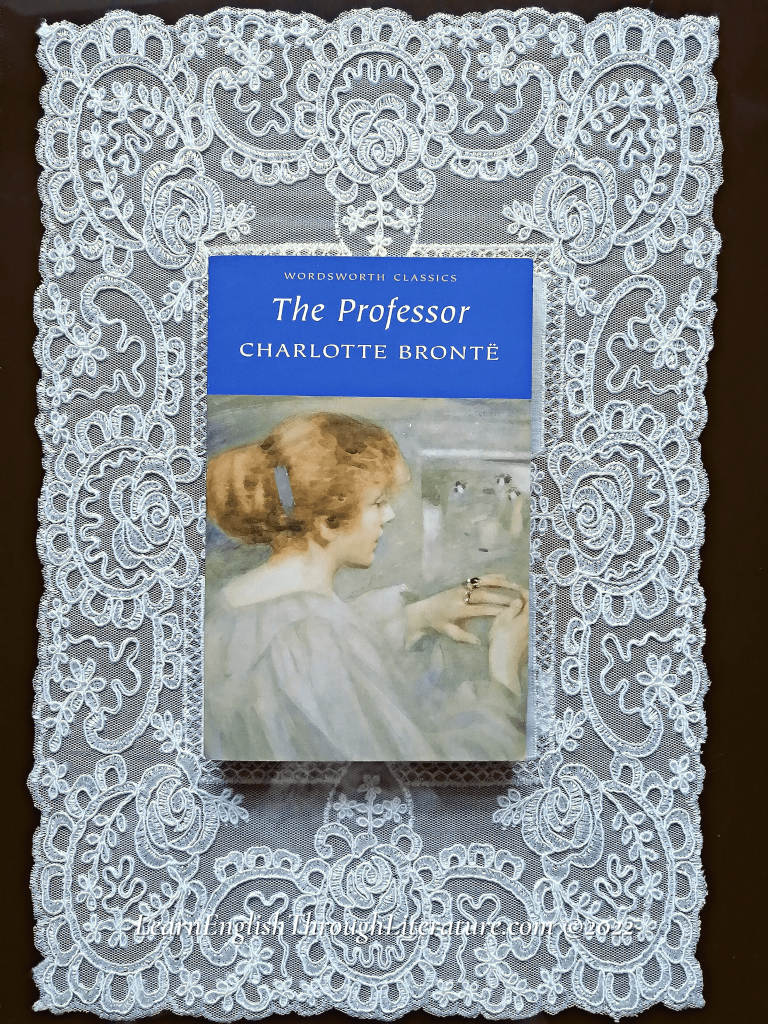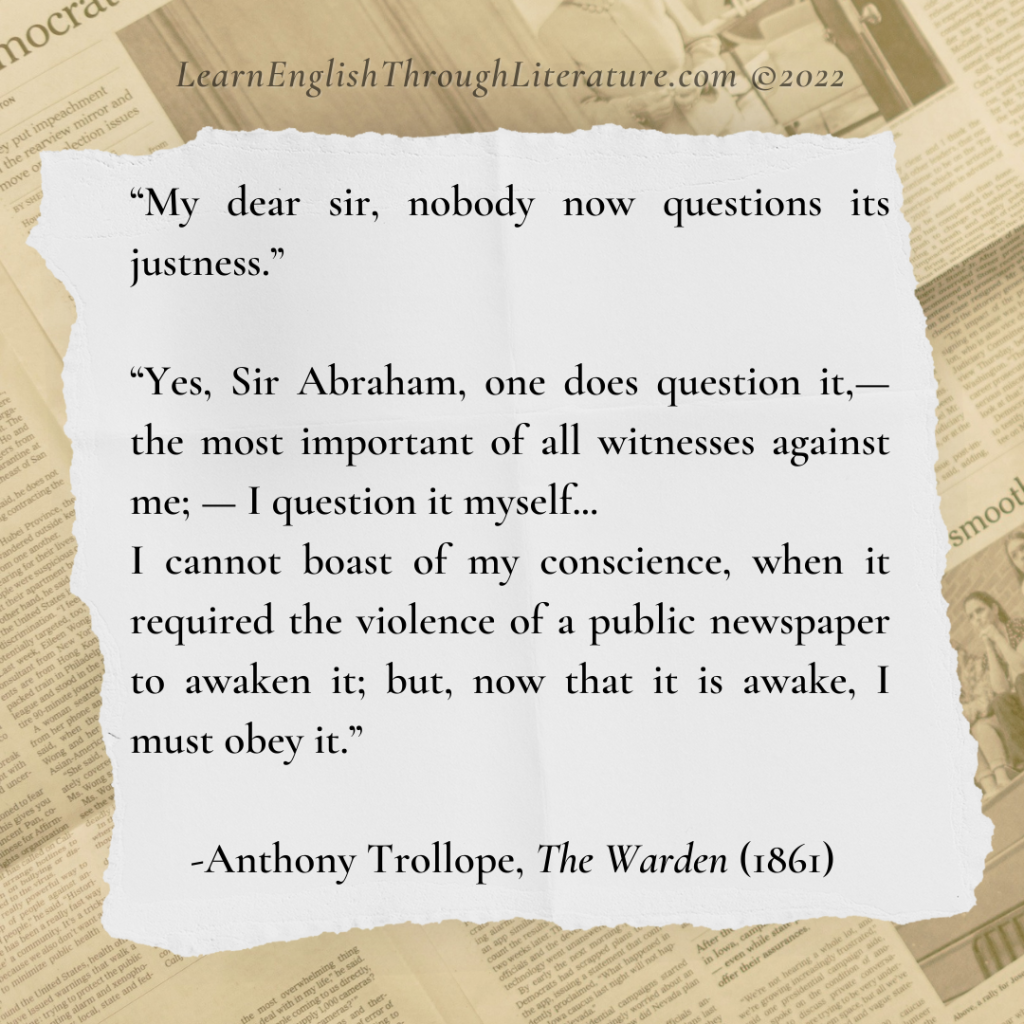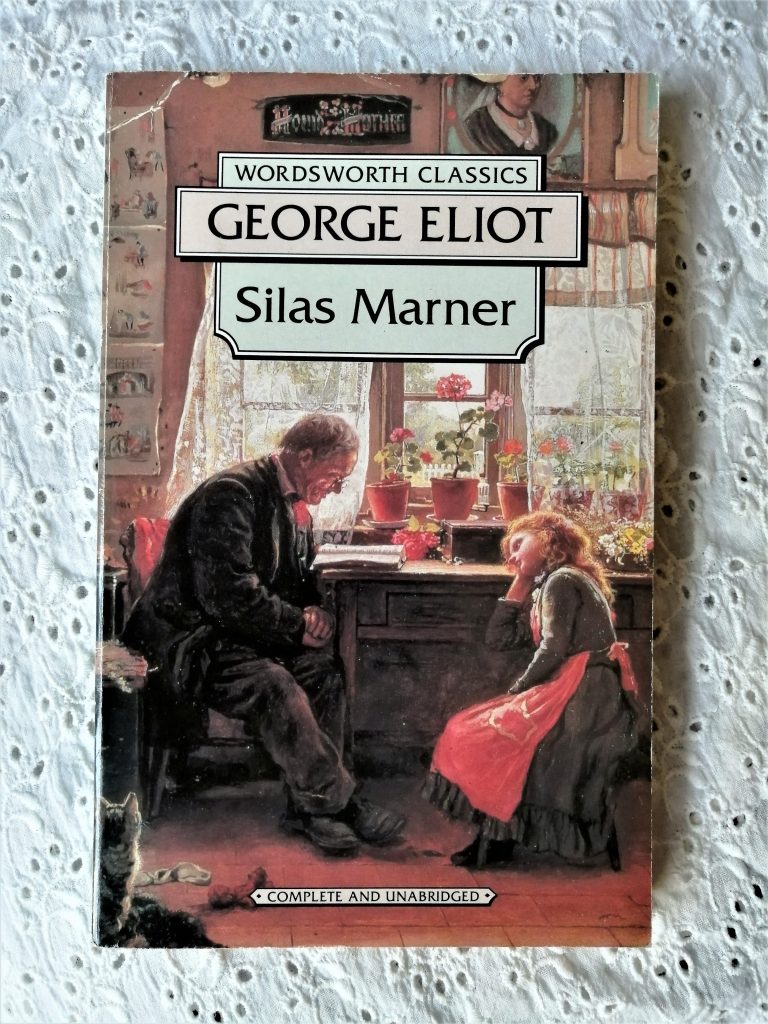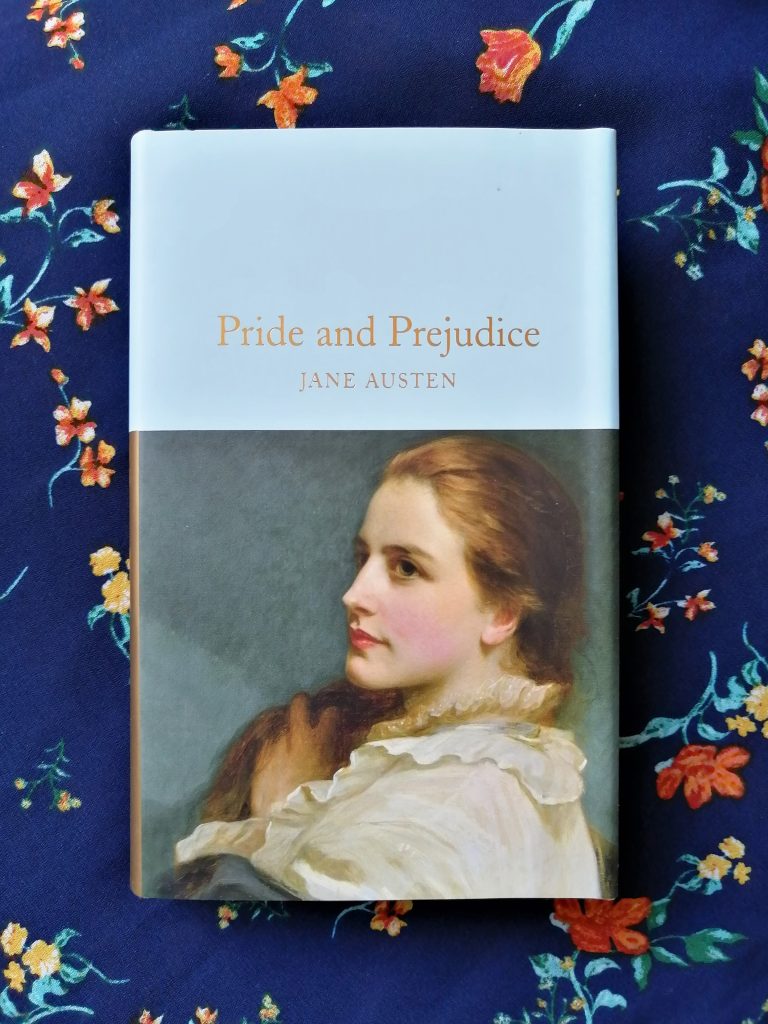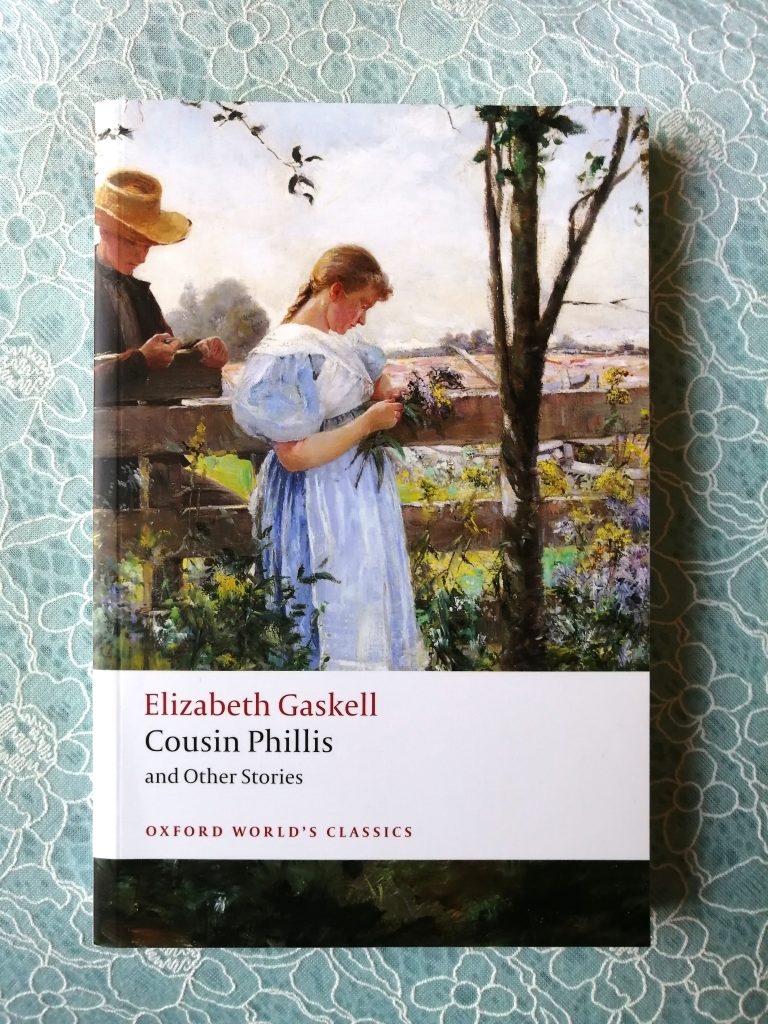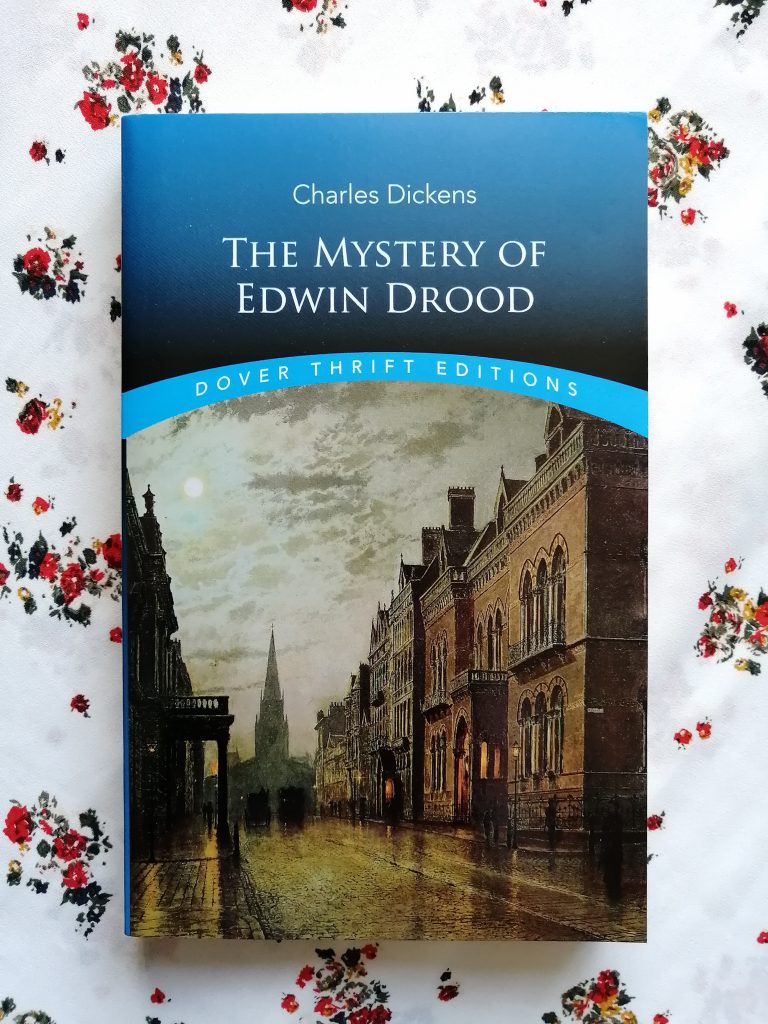Lesson #286: ‘To Be, Or Not To Be –’ Memorable Lines From Shakespeare’s Famous Play Hamlet
It goes without saying (it is obvious) today’s literary author is a well-known figure, someone whom you have undoubtedly heard of before: William Shakespeare. You might have heard about his longest play, Hamlet. 📜 Additionally, you may well recognise the famous quote, ‘To be, or not to be – that is the question’, derived from […]


